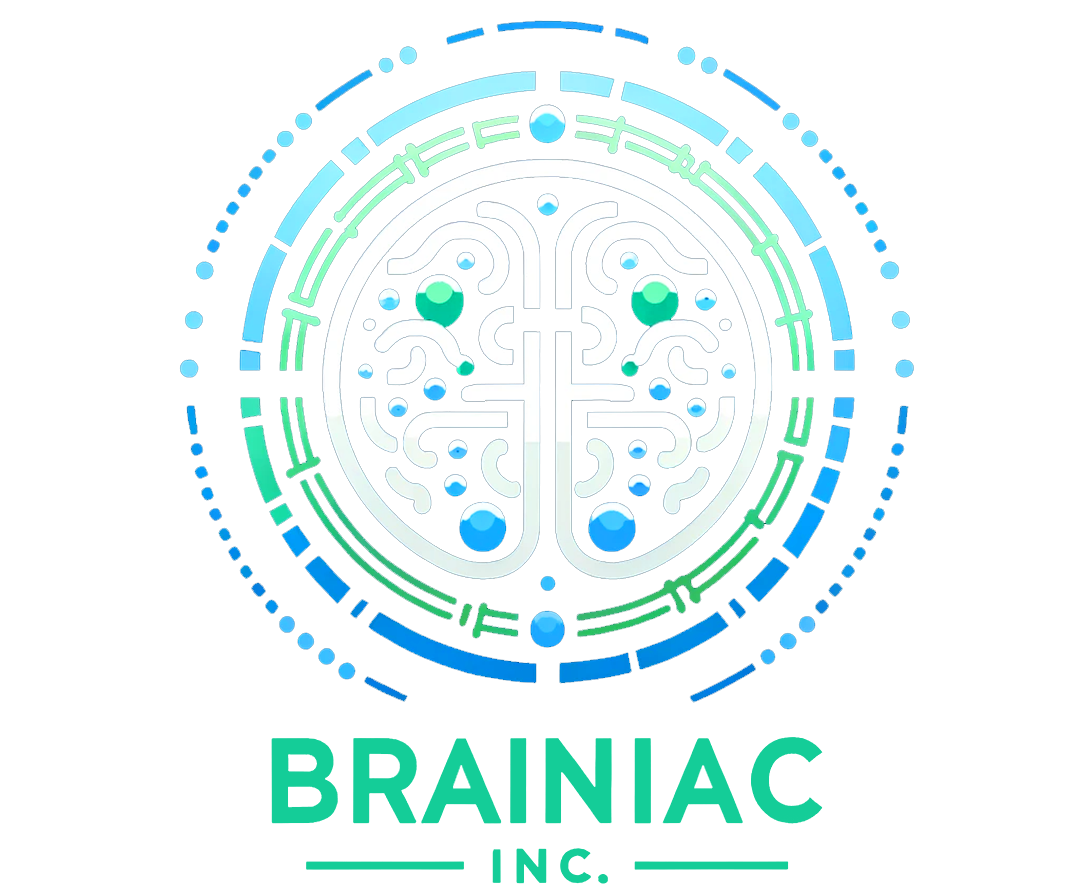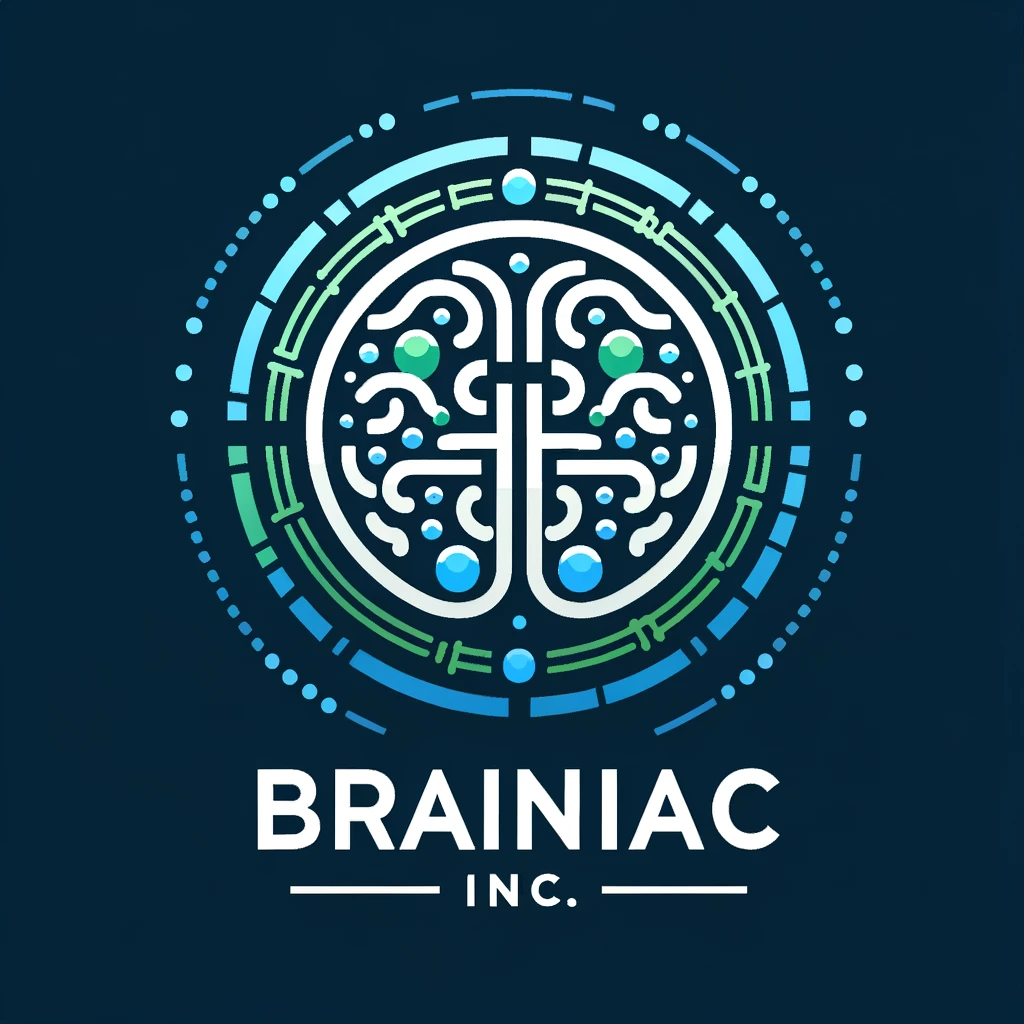Marketing automation has evolved significantly over the years. What started as a solution to automate repetitive tasks like sending emails or posting on social media has transformed into a sophisticated system capable of delivering highly personalized, data-driven marketing strategies. The driving force behind this shift? Artificial Intelligence (AI)—or more specifically, tools like Adobe Sensei, Salesforce Einstein, and HubSpot’s AI-powered capabilities.
These AI tools are enhancing the way businesses approach marketing automation by enabling smarter decisions, deeper personalization, and real-time interactions. In this post, we’ll break down how specific AI-powered tools are reshaping marketing automation and what trends to watch for in the future.
From Basic Automation to Smarter Marketing
In the early days, marketing automation was all about simplifying routine tasks. But as customer expectations grew and the need for more personalized, real-time interactions increased, basic automation alone wasn’t enough. Enter AI-powered platforms like Marketo with its Adobe Sensei integration and HubSpot with its AI-based lead scoring. These tools are making marketing automation more intelligent by analyzing vast amounts of data and enabling marketers to create more meaningful interactions with customers.
For example, Adobe Sensei enhances Marketo’s capabilities by using machine learning to predict which content will resonate most with each individual customer. Instead of sending blanket emails, you can now deliver personalized content recommendations at scale, ensuring your campaigns are more relevant to the audience. Similarly, HubSpot’s AI-powered lead scoring uses data from customer interactions to prioritize leads, helping sales teams focus on high-potential prospects.
How AI is Changing the Game in Marketing Automation
Here’s how AI-driven tools are actively changing the landscape of marketing automation:
1. Hyper-Personalization with Adobe Sensei and Salesforce Einstein
Gone are the days of basic segmentation. Platforms like Salesforce Marketing Cloud and Marketo are integrating AI to offer hyper-personalized customer experiences. Take Salesforce Einstein for example—it analyzes customer data in real-time and suggests the next best action for each user, whether it’s sending a personalized product recommendation, offering a discount, or even predicting which channel the customer is most likely to respond to.
Adobe Sensei, integrated into Marketo, takes this one step further by recommending the most relevant content based on user behavior and preferences. With these AI tools, businesses can deliver hyper-personalized experiences across channels, whether it’s a tailored email, personalized website content, or even recommendations on social media.
2. Predictive Analytics with HubSpot and Salesforce Einstein
One of the most game-changing uses of AI in marketing automation is predictive analytics. Tools like HubSpot’s predictive lead scoring and Salesforce Einstein use machine learning to forecast customer behavior based on historical data. This helps marketers determine which leads are most likely to convert and which campaigns are likely to deliver the highest ROI.
With Salesforce Einstein, for instance, marketers can analyze patterns from previous customer interactions—whether it’s email opens, website visits, or product purchases—to predict the likelihood of a lead converting or a customer making a repeat purchase. This enables businesses to be more strategic with their resources, focusing efforts where they’re likely to see the best results.
Similarly, HubSpot’s predictive lead scoring helps sales teams by automatically assigning scores to leads based on a combination of behavioral data and historical conversion patterns. This means teams spend less time manually reviewing leads and more time engaging with the most promising prospects.
3. Real-Time Engagement with Google’s AI-Powered Ads and Drift
In a world where customers expect immediate responses and personalized interactions, real-time engagement is crucial. AI-powered platforms like Google Ads and Drift are allowing businesses to interact with customers in the moment, delivering personalized experiences based on real-time data.
Google’s AI-powered Smart Bidding uses machine learning to automatically optimize bids for conversions or conversion value in each auction, ensuring that ads are shown to the right customer at the right time. Similarly, Drift, an AI-powered conversational marketing platform, uses chatbots to engage website visitors in real-time. These bots can answer questions, recommend products, and even qualify leads on the spot, allowing businesses to keep customers engaged without the need for constant human intervention.
Investigate AI’s boundless possibilities for marketing automation. Get in touch with Brainiac Consulting to remain at the forefront!
Challenges and Considerations

As exciting as these AI-powered tools are, implementing them effectively can be challenging. Here are some of the most common challenges and how businesses can overcome them:
1. Data Quality with AI Tools like Salesforce CDP
AI thrives on data, but its effectiveness depends entirely on the quality of that data. Platforms like Salesforce Customer Data Platform (CDP) can help businesses ensure their data is clean, accurate, and actionable by integrating data from various sources and creating a unified customer profile. By consolidating data, you ensure that the AI tools driving your marketing automation are working with reliable information.
Ensuring data quality across multiple channels can be complex, but using AI-powered data platforms helps streamline this process and ensures that your AI-driven insights are accurate.
2. Privacy and Compliance with Eloqua and Adobe Experience Platform
As businesses collect more customer data to fuel AI, privacy concerns grow. Platforms like Eloqua and Adobe Experience Platform are integrating advanced data protection features to ensure compliance with regulations like GDPR and CCPA.
Eloqua offers tools for managing consent and privacy preferences, allowing businesses to collect and use data in a way that’s transparent and compliant. Adobe Experience Platform also integrates built-in governance features to ensure that data privacy is maintained while allowing businesses to deliver personalized experiences without compromising security.
3. Integration Complexity with HubSpot’s App Marketplace
Integrating AI-driven tools into your existing marketing stack can be daunting, but platforms like HubSpot offer solutions through their App Marketplace, which includes integrations with a wide range of tools, from CRM systems to analytics platforms. These integrations help businesses bring AI capabilities into their workflows without starting from scratch.
Whether it’s incorporating AI-powered email automation or lead scoring, platforms like HubSpot make it easier for businesses to build on what they already have and transition into more advanced, AI-driven strategies.
The Future of AI-Driven Marketing Automation
As AI continues to advance, we’ll see even more sophisticated tools emerging across various platforms. Here are a few trends that will likely shape the future of marketing automation:
- AI-Powered Content Creation: Platforms like Jasper (formerly Jarvis) and Copy.ai are already beginning to help marketers generate content automatically, from blog posts to social media captions. This trend is expected to grow as AI models become more adept at creating high-quality content.
- Voice and Conversational AI: Tools like Drift and Google’s AI-powered voice search will continue to shape conversational marketing. Expect more businesses to integrate voice and chatbot interactions into their marketing strategies as customers increasingly engage through voice-activated assistants and conversational platforms.
- Advanced Predictive Capabilities: As AI models improve, tools like Salesforce Einstein and Adobe Sensei will become even more precise, allowing businesses to anticipate customer needs and deliver personalized experiences with even greater accuracy.
Final Thoughts: AI is Transforming Marketing Automation
AI is not just enhancing marketing automation; it’s changing how businesses interact with customers across every touchpoint. By leveraging AI-powered tools like Adobe Sensei, Salesforce Einstein, and HubSpot’s lead scoring, businesses can deliver hyper-personalized experiences, predict customer behavior, and engage in real-time—all while improving efficiency and driving better results.
If you’re ready to harness the full potential of AI-driven marketing automation, Brainiac Consulting is here to help. We specialize in integrating advanced AI tools with existing marketing platforms, ensuring that your marketing strategies are not just automated but optimized for long-term success. Contact us today to learn how we can help you stay ahead of the curve.




